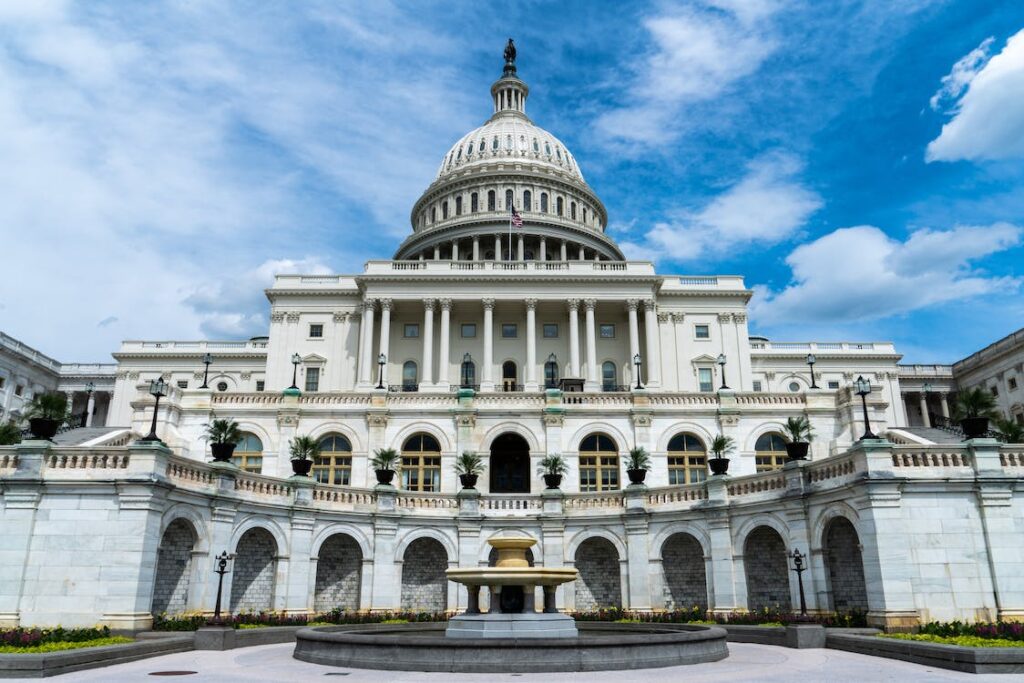FOR IMMEDIATE RELEASE: December 13, 2023
CONTACT: Madison Allman | press@acaciajustice.org
[WASHINGTON] – Megan Mack, Director of Federal Policy at the Acacia Center for Justice, an immigrants’ rights organization, issued the following statement in response to reports that the Biden administration and Congress are considering drastic changes to immigration law and enforcement that would all but end our asylum system and endanger the lives and safety of immigrants, their families, and their communities:
“Our communities deserve better than punitive measures – including expanded expedited removal, increased detention, a restart to Title 42 expulsions, and an effective end to asylum in the U.S. – that create a culture of fear, mistrust, and existential danger for people seeking safety from violence and political persecution. Expanded detention and expedited removal, together with drastic changes to the asylum system will subject communities of color – specifically Black and Brown people – to aggressive enforcement tactics and force them back into unsafe conditions.
“Asylum is a human and legal right. Any proposal that would place further limits on an already gutted system must be rejected outright. We urge the Biden administration to lead with courage and remember its commitments to creating an immigration system that welcomes people with dignity and humanity. It is not only possible, but imperative.”
###
